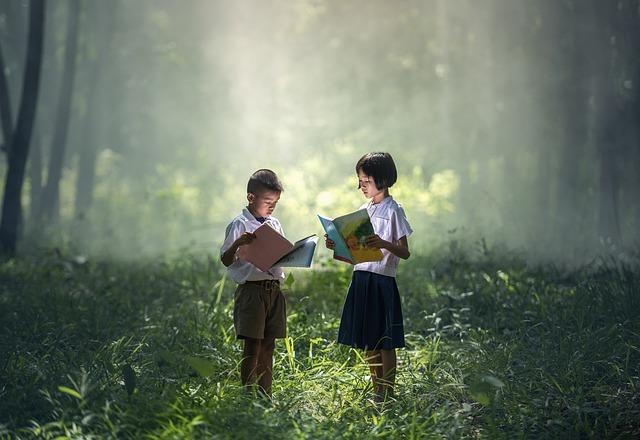Embarking on an exploration of EDUC: PSYCH & DEV invites us to unlock a world where the intricacies of the human mind blend seamlessly with the transformative journey of learning and development. Within this realm, education is not merely a process of acquiring knowledge, but a multifaceted interaction between psychology, development, and the myriad ways we grow and adapt through life’s stages.
Nestled at the crossroads of cognitive processes and educational practices, this domain offers a vibrant tapestry woven with the threads of understanding—how we think, learn, and evolve. Here, each thread serves not only to strengthen the fabric of knowledge but to embellish it with rich insights into human behavior, learning styles, and the developmental milestones that mark our journey from the cradle of infancy through the halls of academia and beyond.
As we journey through this landscape, we invite our curiosity to lead the way, exploring how psychological theories and developmental frameworks shape educational approaches, influencing not only the way knowledge is imparted but how it is received and internalized. This expedition promises not only to illuminate the pathways of learning and development but to reframe our understanding of education as a dynamic interplay of psychological insight and developmental growth.
In essence, EDUC: PSYCH & DEV is not just a field of study; it’s a journey of discovery – one that challenges us to rethink education beyond the traditional confines of the classroom and consider the profound implications our psychological makeup and developmental stages have on the way we learn, teach, and evolve. So, let us embark on this exploratory journey with open minds and a keen sense of wonder, ready to delve into the depths of this fascinating intersection where education meets psychology and development.
In the sphere of educational development, psychology stands as an indispensable element. This multidimensional science crucially influences how students acquire knowledge, comprehend fresh concepts, and develop individual mental faculties. Legions of psychological theories have been devised to clarify the intricate processes involved in learning and development. These range from the conditioning theories of Pavlov and Skinner to the cognitive development theories of Piaget and Vygotsky. By understanding these theories, educators can create environments that foster growth and learning.
- Conditioning theories: Emphasize the importance of positive reinforcement and associations in shaping behaviors.
- Cognitive development theories: Highlight the role of mental processes in learning and knowledge acquisition.
To catalyze a more effective learning journey, it’s pivotal to harmonize educational practices with psychological development. This involves tailoring teaching strategies to conform to different stages of mental and emotional development. For instance, pre-school students assimilate knowledge differently than college students do. The former learn best through play and exploration, whereas the latter excel in critical thinking and problem-solving exercises.
| Early Childhood Education | Emphasis on play and exploration |
| Higher Education | Focus on critical thinking and problem-solving |
Therefore, a clear understanding of the psychological principles in education allows educators to design better instructional strategies that are in line with the distinct learning styles and developmental stages of students. This way education fosters not just academic excellence, but also holistic growth and development.
In closing, the fascinating realm of education psychology and development weaves a rich tapestry of exploration and discovery. It stands at the intersection of learning and the human mind, uniting two domains of incalparable intricacy. Each child is a new synthesis of the past, an enigmatic promise of the future, a universe unfolding. Every teacher is a potter, crafting, and refining this universe by imparting knowledge and nurturing potentials. Together, they create an anarchic orchestra, a symphony of ideas, laughter, questions, and growth. It’s up to us to listen, to learn, to cherish, and maybe, just maybe, to conduct a note or two. Here’s to an inspired journey into EDUC: PSYCH & DEV.









